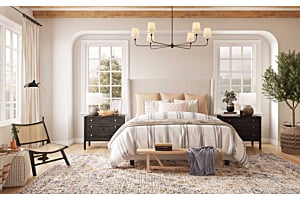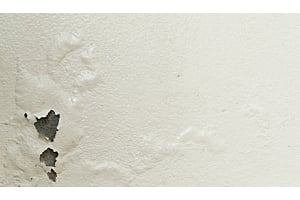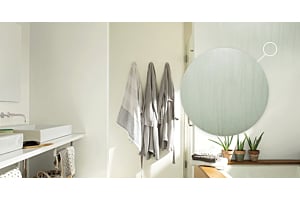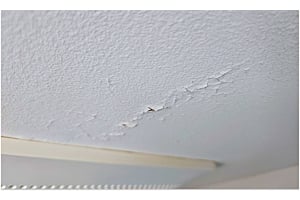
If your home is located in a noisy environment—like a bustling downtown area, near an airport, or close to the train — or you live near a construction zone or have neighbors with non-stop barking dogs, you understand how disruptive outside noise can be. Unwanted sounds can affect your sleep, concentration, and quality of life. One effective way homeowners can reduce noise pollution is by installing noise-reducing windows. This guide will help you understand the options available and how to choose the right windows to minimize outside noise.
Understanding How Sound Is Measured
Before selecting noise-reducing windows, it's important to understand how sound is measured and how different windows can affect noise levels inside your home.
Sound Transmission Class (STC) Rating
The Sound Transmission Class (STC) rating measures a window's ability to reduce airborne sound. While there is no completely soundproof window, the higher the STC rating, the better a window is at sound reduction. Standard single-pane windows typically have an STC rating of around 27, while double-pane windows range from 28 to 32. Specialized noise-reducing windows can achieve STC ratings of 40 or higher. At this level, even loud outside conversations would barely be audible.
Outdoor-Indoor Transmission Class (OITC) Rating
Another important metric is the Outdoor-Indoor Transmission Class (OITC) rating. While STC focuses on blocking mid to high-frequency sounds (like speech and television), OITC measures how well a window blocks lower-frequency noises, such as traffic and airplane sounds. This rating is particularly relevant if your home is exposed to heavy outdoor noise pollution. Windows with high OITC ratings are designed to reduce these types of noises more effectively.
Window Options for Noise Reduction
Upgrading from single-pane to high-quality noise-reducing windows can reduce perceived noise levels by up to 50% or more, significantly improving your indoor environment. Different window designs and technologies offer varying levels of sound insulation tailored to address specific noise challenges. By understanding how each option works, you can choose windows that best suit your environment and noise reduction needs.
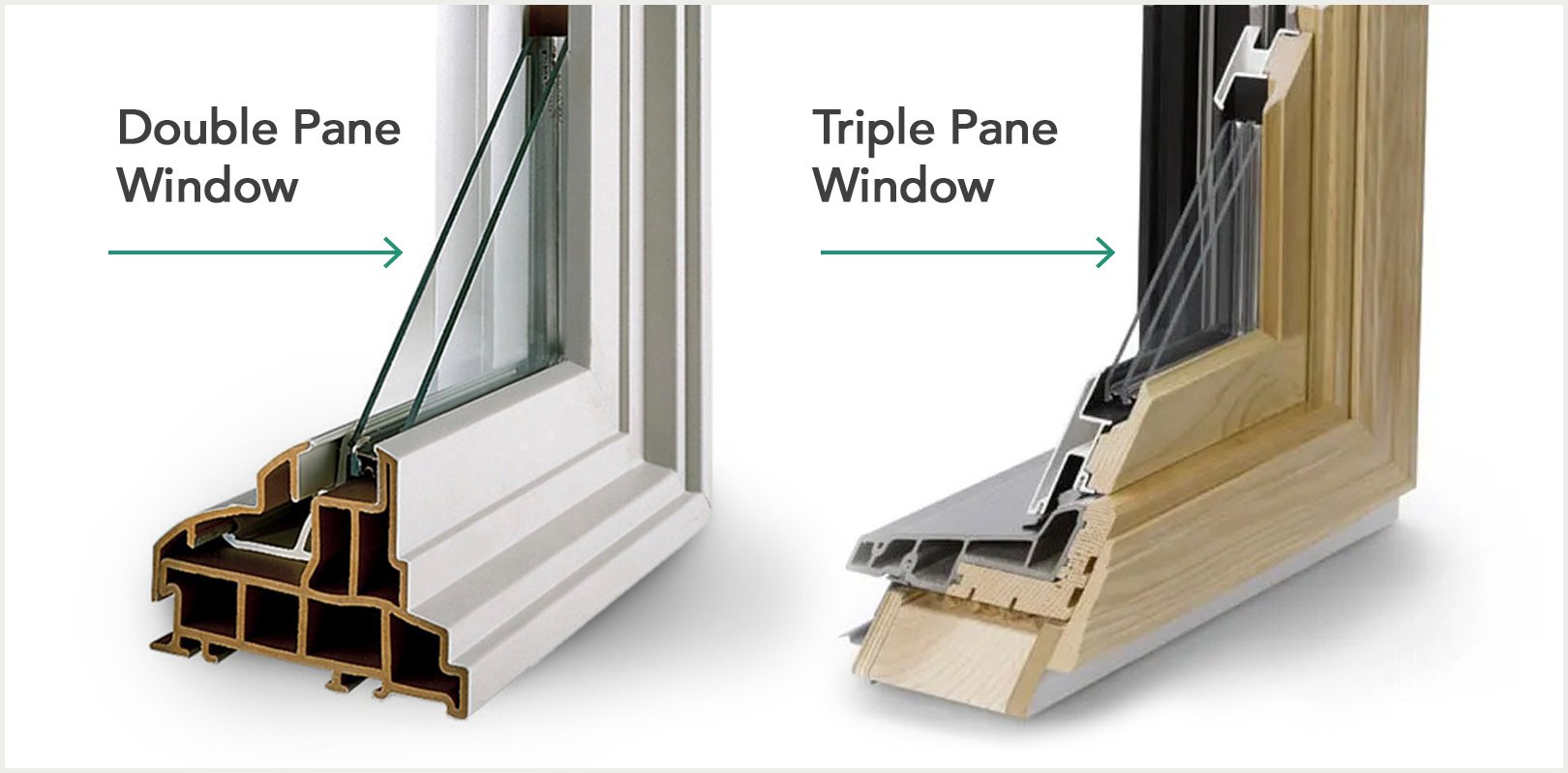
Double Pane Windows
If your home currently has single-pane windows, upgrading to double-pane windows is a significant step toward reducing noise. Double-pane windows consist of two layers of glass separated by a spacer filled with air or inert gas like argon. This design not only improves energy efficiency but also adds a barrier that reduces sound transmission. While they won't eliminate all outside noise, double-pane windows can noticeably reduce sounds like distant traffic or neighborhood chatter.
Triple Pane Windows
For enhanced noise reduction, triple-pane windows add a third layer of glass and an additional air space. This extra layer disrupts sound waves more effectively than double-pane windows, offering better insulation against noise. Triple-pane windows are especially beneficial in areas with high noise levels or extreme weather conditions, providing both acoustic and thermal advantages.
Keep in mind that if noise reduction is your main goal, you may be better off with laminated double pane windows than standard triple pane windows. Check out our article on the differences between double and triple pane windows to learn more.
Laminated Glass
Laminated glass consists of two or more layers of glass bonded together with a special interlayer, usually made of polyvinyl butyral (PVB). This interlayer acts as a sound-dampening material, absorbing sound vibrations and preventing them from passing through the window. Laminated glass can significantly improve both STC and OITC ratings, making it ideal for homes near airports, train stations, or busy urban areas.
Acoustic Glass
Acoustic glass is specifically engineered to block sound and offers maximum sound reduction. It uses varying glass thicknesses and specialized lamination techniques to disrupt different sound frequencies. Acoustic glass windows offer some of the highest STC and OITC ratings available and are an excellent choice if you require the utmost in sound insulation.
Comparing STC and OITC Ratings of Different Window Types
Understanding how different windows perform can help you make an informed decision. Here's a comparison of typical STC and OITC ratings for various window types:
| Comparison of STC and OITC Ratings by Window Type | ||
| Window Type | Average STC Rating | Average OITC Rating |
| Single Pane | 26-28 | 21-22 |
| Double Pane | 28-32 | 22-26 |
| Triple Pane | 33-38 | 26-30 |
| Laminated Glass | 35-42 | 30-35 |
| Acoustic Glass | 40+ | 35+ |
As the table shows, laminated and acoustic glass windows offer the highest levels of noise reduction. Depending on your specific needs and budget, upgrading to one of these options can make a significant difference in your home's sound environment.
Factors Affecting Window Noise Reduction
Beyond the type of glass and number of panes, several other factors influence a window's ability to reduce noise.
Frame Materials
The material of the window frame plays a crucial role in sound insulation. Different frame materials have varying abilities to dampen sound vibrations.
- Fiberglass Frames: Fiberglass frames are strong, durable, and have good insulating properties. They expand and contract less than other materials, maintaining a tight seal that helps prevent sound leakage. Fiberglass frames are also resistant to weathering, which contributes to their longevity and consistent performance.
- Wood Frames: Wood is a natural insulator and has excellent sound-dampening properties. It absorbs sound vibrations rather than transmitting them, making wood frames an effective choice for noise reduction. Additionally, wood frames offer a classic aesthetic appeal.
- Vinyl Frames: Vinyl frames provide decent insulation and are more affordable than wood or fiberglass. While they offer some noise reduction benefits, they may not perform as well as wood or fiberglass frames in blocking sound. Vinyl is less dense than wood or fiberglass, which can make it slightly less effective at dampening noise.
- Aluminum Frames: Aluminum is lightweight and strong but is a poor insulator. Aluminum frames can transmit sound vibrations more easily due to their rigidity and lower density, making them less effective for noise reduction. Unless they feature thermal breaks or additional insulating materials, aluminum frames are generally not recommended for soundproofing purposes.
In addition to noise reduction, homeowners also consider factors like price point, lifespan, and energy efficiency. The chart below explains how the window’s material affects its performance.
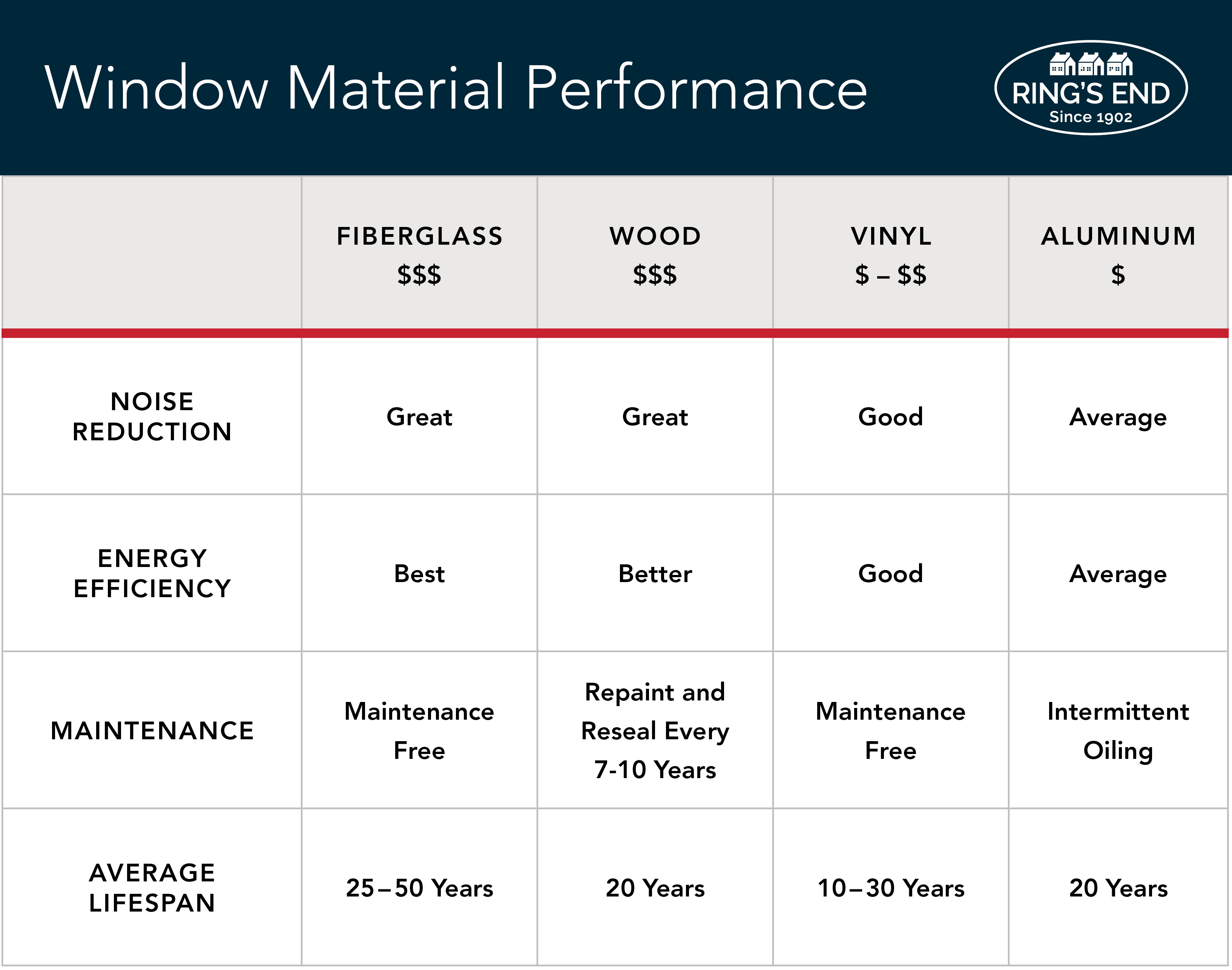
Choosing a frame material that complements noise-reducing glass can enhance the overall performance of the window, including energy efficiency. In general, wood and fiberglass frames tend to be the best for noise reduction due to their superior insulating properties and ability to dampen sound vibrations effectively.
Air Gaps and Gas Fills
The space between the panes in double or triple-pane windows can be filled with inert gases like argon or krypton. These gases are denser than air and provide better insulation against both temperature and sound. A larger air gap between panes can also improve noise reduction, as it creates more space for sound waves to dissipate before entering your home.
Proper Sealing and Installation
Even the best windows won't perform effectively if they're not properly sealed and installed. Gaps or poor seals around the window frame can allow noise to infiltrate your home. Acoustic caulk is a specialized sealant used to fill gaps and cracks around windows and doors. Unlike regular caulk, acoustic caulk remains flexible over time and doesn't harden or crack, maintaining an airtight and soundproof seal.
Additional Considerations for Noise Reduction
While windows play a major role in reducing noise, other elements of your home can contribute to sound infiltration.
Walls, Doors, and Insulation
If you've installed noise-reducing windows but still experience unwanted noise, it's important to inspect other parts of your home.
- Walls: The thickness and composition of your walls greatly affect sound transmission. Thin walls or those lacking proper insulation can allow external sounds to penetrate indoor spaces. Adding soundproofing materials, such as specialized insulation or mass-loaded vinyl, can significantly reduce noise levels.
- Doors: Hollow-core doors are significantly less effective at blocking sound compared to solid-core doors. Replacing interior and exterior doors with solid-core options will reduce noise transmission between rooms and from outside. We recommend solid-core doors for bedrooms and bathrooms; hollow-core can work well for closets though. Weatherstripping around door frames can also help seal gaps that allow sound to enter.
- Insulation: Insufficient or poorly installed insulation in walls, ceilings, and floors can contribute to noise problems. Upgrading to high-density insulation materials designed for sound control can improve both thermal and acoustic performance. Spray foam insulation or blown-in cellulose can fill gaps and create a more airtight barrier against sound.
Addressing these areas can complement your new windows and further reduce unwanted noise, creating a quieter and more comfortable living environment. A holistic approach to soundproofing ensures that all potential pathways for sound are effectively managed.
Noise-Reducing Windows Available at Ring’s End
At Ring's End, we offer a wide selection of noise-reducing windows from top manufacturers like Marvin. Our window pros have been working with the Marvin brand for over 50 years, and we’re proud to be an authorized Marvin dealer due to the quality performance and design versatility of Marvin products.
As a leader in the industry, Marvin provides high-quality windows that combine exceptional performance with thoughtful, stylish design. Whether you're looking to create a more peaceful home environment or reduce the impact of outside sounds, Marvin's innovative designs provide a premium solution that balances performance and style.
Marvin Signature Collection: This extensive line of windows offers a variety of glazing options, including laminated and acoustic glass, to provide superior noise reduction. The flexibility in design allows you to select windows that seamlessly complement your home's aesthetic while delivering enhanced sound control.
Marvin Elevate Collection: These windows feature a durable fiberglass exterior paired with a warm, inviting wood interior. This unique combination of materials not only looks beautiful but also optimizes the window's ability to dampen sound vibrations, making it an excellent choice for homes in noisy environments.
Marvin Essential Collection: Crafted entirely from fiberglass, this collection offers low-maintenance windows with impressive noise-reducing properties. The fiberglass frames are engineered to maintain a tight, weatherproof seal over time, preventing sound leaks and air infiltration.
The window experts at Ring's End can help you choose the best windows to meet your specific noise reduction needs. Our team makes the ordering process easy, and we provide free, professional delivery. Visit one of our eight showrooms to experience Marvin windows for yourself and talk with our window specialists in person.


